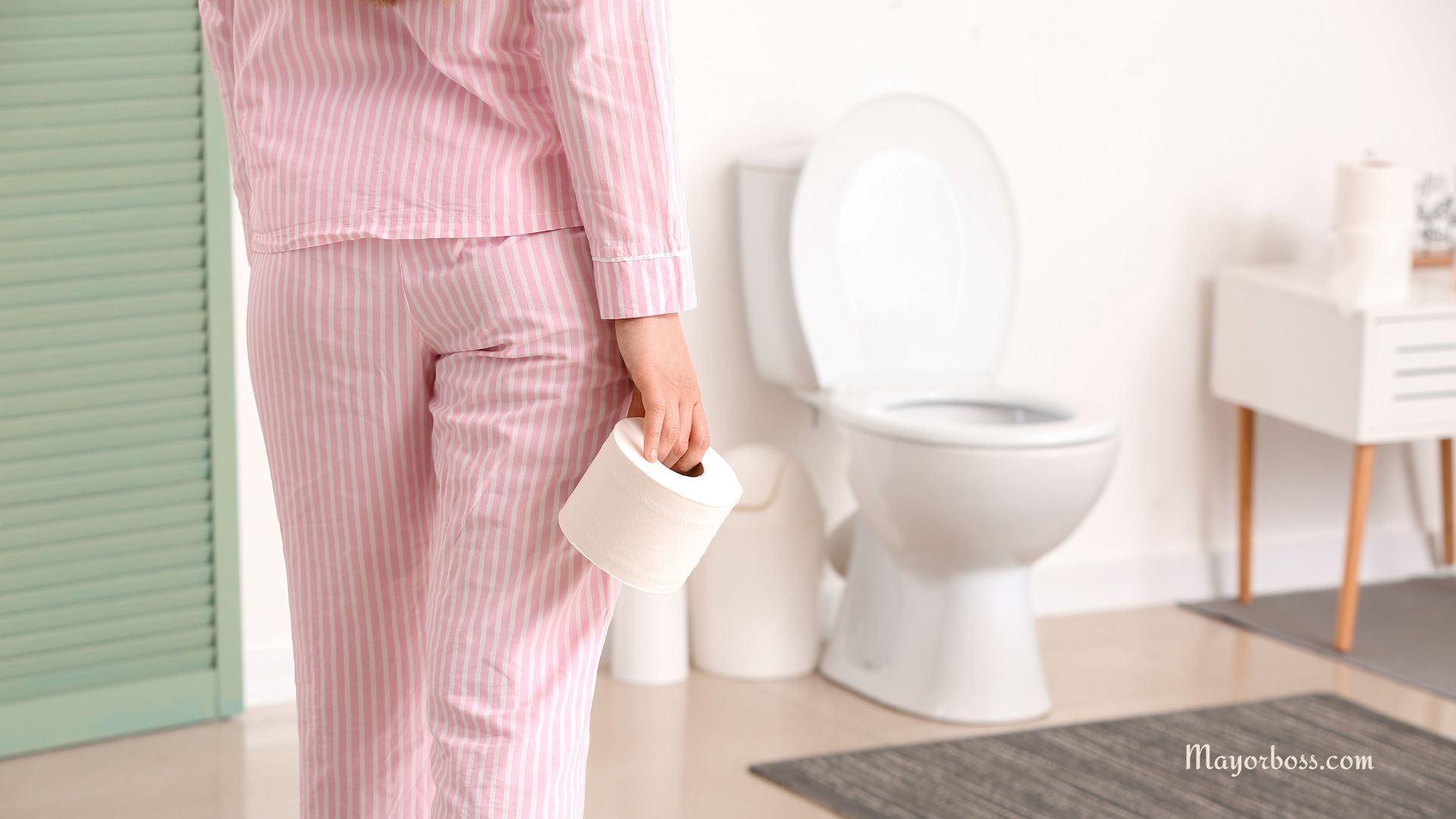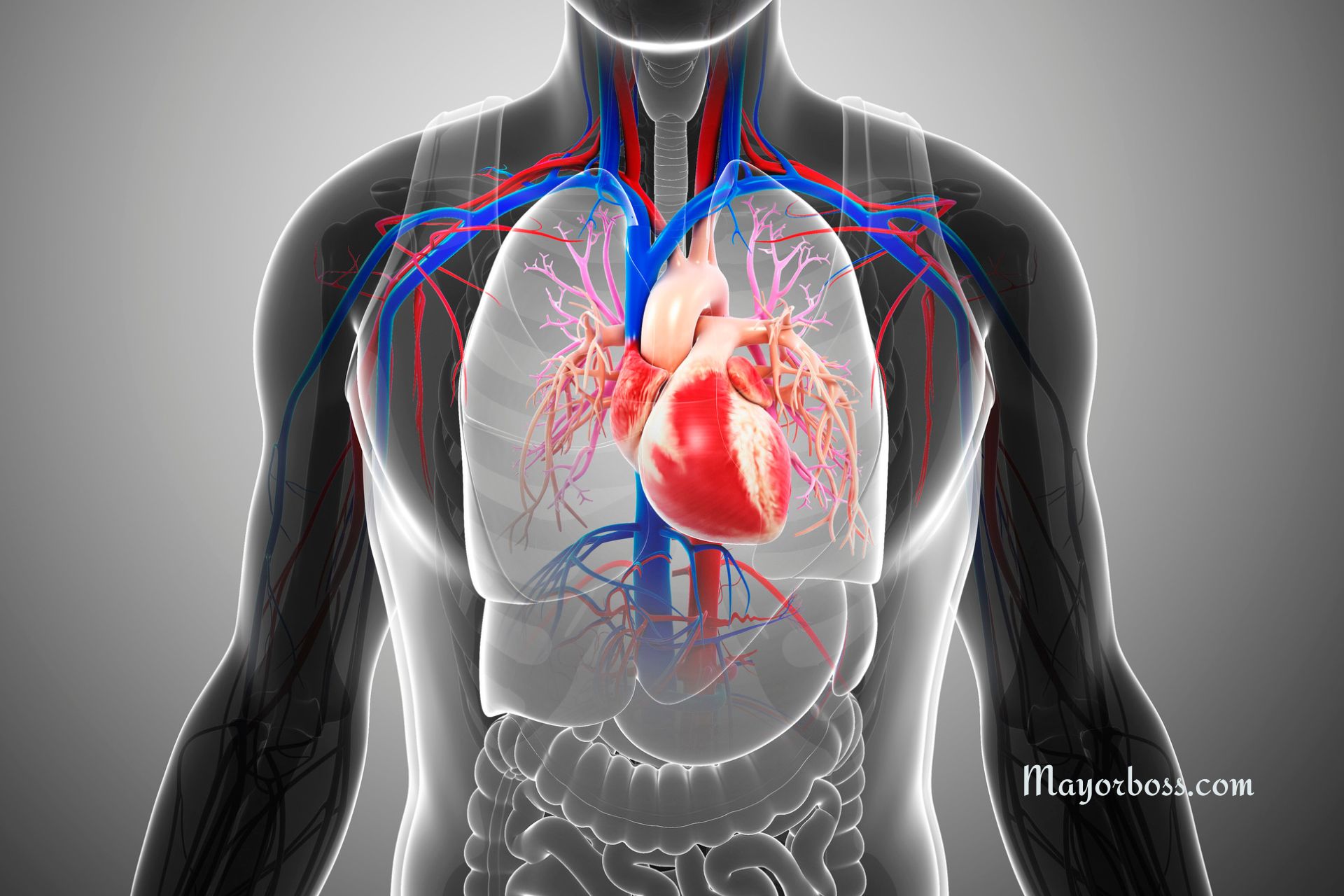What Happens to Your Body If You Sit All Day
A staggering number of Americans, up to 80 percent, according to the American Journal of Preventive Cardiology, have jobs that require them to sit for the majority of the day. If you’re part of this group, you might wonder, “What’s the big deal?” After all, you’re comfortable and getting your work done. However, a myriad of health problems are lurking beneath the surface of this sedentary lifestyle. It’s essential to understand the impact on your body if you sit all day and what you can do to counteract these effects.

The Strain on Your Musculoskeletal System
Let’s first take a look at what’s happening to your musculoskeletal system, the network of muscles and bones that help you move and perform daily tasks.
Posture Problems
If you’re sitting all day, especially if you’re not maintaining proper posture, you could be setting yourself up for a host of issues. You might start noticing backaches or neck pain. Slouching at your desk can lead to an unnatural curvature in your spine, which, over time, may cause chronic conditions such as kyphosis (hunchback) or lordosis (swayback).
Muscle Degeneration
Your body needs movement to maintain muscle tone. When you’re sitting for extended periods, your abdominal muscles, which are essential for supporting your spine, don’t get much of a workout. Over time, they can weaken, leaving your back to do most of the heavy lifting. This imbalance can lead to lower back pain, a common complaint among office workers.
Similarly, sitting all day can cause your hip flexor muscles to shorten, leading to problems with hip joints. Your glute muscles may also become soft, affecting your stability and the strength of your stride when walking or running.
The Silent Attack on Your Internal Organs
While the musculoskeletal problems may be more apparent, you shouldn’t ignore the silent impact prolonged sitting has on your internal organs.
Cardiovascular Disease
Your body burns fewer calories when you’re sitting, leading to weight gain and associated health problems. Sedentary behavior can increase your risk of heart disease by up to 147%, according to a report published in the Diabetologia journal. It’s a serious concern since heart disease remains the leading cause of death in America.
Diabetes
The same report suggests that prolonged sitting can increase your risk of developing type 2 diabetes by 112%. Inactivity negatively impacts your body’s ability to regulate blood sugar, leading to insulin resistance.
Digestive Issues
Sitting for long periods can cause digestive issues. It compresses your abdominal contents, slowing down digestion and potentially leading to problems such as bloating, heartburn, and constipation.
The Hidden Impact on Your Mental Health
You might be surprised to learn that spending too much time in your chair can also affect your mental health.
Stress and Anxiety
Numerous studies have linked sedentary behavior with an increased risk of both anxiety and depression. Lack of physical activity reduces the production of endorphins, the ‘feel-good’ hormones in your body. This reduction can lead to feelings of stress and anxiety.
Reduced Brain Function
Your brain function slows down when you’re sitting, which can affect your productivity and cognitive abilities. Without regular movement, blood flow and oxygen to the brain are reduced, impairing your mental clarity.
What You Can Do
It’s clear that sitting all day takes a toll on your body and mind. But what can you do if your job requires you to be at a desk for most of the day? Here are some strategies:
- Stand and Move: Incorporate standing, stretching, and walking breaks into your day. It’s recommended to stand or move for a few minutes every half an hour.
- Exercise Regularly: Engage in regular exercise. The Physical Activity Guidelines for Americans suggest at least 150 minutes of moderate-intensity aerobic activity each week.
- Use Ergonomic Furniture: Invest in ergonomic furniture to maintain good posture. Standing desks or active sitting chairs can help.
- Stay Hydrated: Drink plenty of water. This will not only keep you hydrated but also encourage you to stand and move for frequent bathroom breaks.
It’s never too late to start being more active. So, stand up, stretch, take a walk — your body will thank you.






